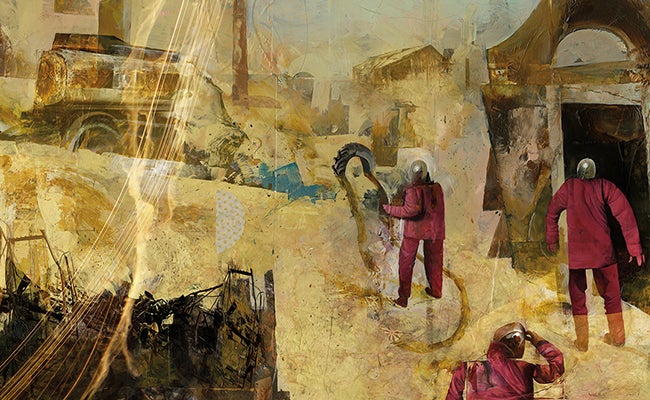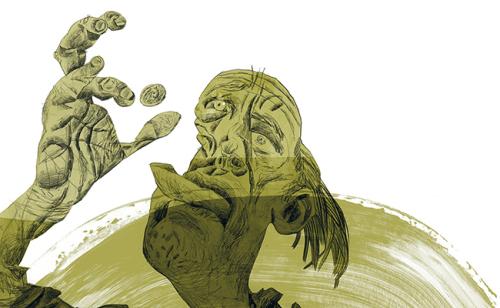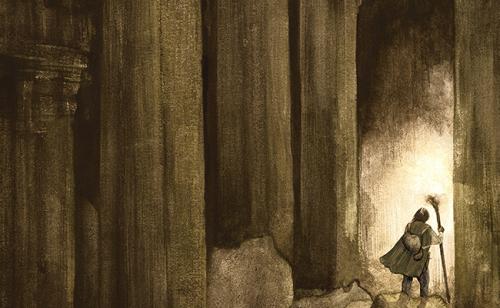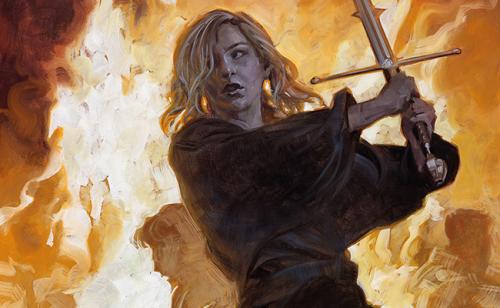This Folio Life: Meeting the Strugatsky Brothers
First published in 1972 from behind the Iron Curtain, the Strugatsky brothers’ Roadside Picnic became a globally revered sci-fi classic and inspired the Andrei Tarkovsky film Stalker. In this blog, Former Publisher of Orion Publishing Group and Chair of Gollancz, Malcolm Edwards, tells the fascinating story of meeting Arkady and Boris Strugatsky at the 1987 World Science Fiction convention in Brighton, on their last trip outside of Russia.
Contemporary Russian sf was largely unknown in the Anglophone world until the late 1970s, when a US publisher launched a programme of translations. The Strugatsky brothers were known to be the most popular sf writers, but also known to be skirting the edge of what was acceptable to the regime in the Kremlin – as Boris Strugatsky’s Afterword to this new edition explains, it took eight years to get the book past the censors, who came up with a list of hundreds of required changes, now restored in this translation by Olena Bormashenko that happily reverts to the Strugatskys’ original text.
When it came time to nominate Guests of Honour for the 1987 World Science Fiction convention in Brighton, to make it a more international event there was no doubt that being able to announce the Strugatsky brothers as guests would be a great coup. Hardly anyone in the West had ever met them or corresponded with them, and if they were viewed with disfavour in their homeland then it would be a difficult task, not least because any invitation would need to be channelled through the Writers’ Union who already had a couple of reliable authors who would be trotted out whenever a Russian presence was desired. But these were the early days of glasnost, so the chances were less unfavourable than previously. With advice from the British Council, an invitation was drafted and submitted via the appropriate channels.
Eventually, word arrived that the invitation had been accepted, and shortly before the convention so did details of their flights. Peter Nicholls, editor of The Encyclopedia of Science Fiction, offered them accommodation, and he and I set off to Heathrow to meet them. When they eventually arrived – a great moment – it instantly became clear that though they both were able to read English, they had had little opportunity to practise speaking it. Accompanying them was a representative of the Soviet Writers’ Union – KGB, Peter and I concluded – carrying a full itinerary. The welcome party Peter had assembled at his house was a non-starter: they were to proceed direct to Victoria Station where they would catch a train to Brighton, where accommodation had been arranged. Arkady was quite large and loud; Boris, eleven years his junior, was quiet and reserved.
They sat in the back of Peter’s car, together with their minder, while he drove to the station. Our rather stilted conversation established that they were both familiar with the works of Wells and Stapledon. Asimov’s name was recognised, but many others only drew blank looks (in fact, Arkady had translated some Western sf, notably Wyndham’s The Day of the Triffids, but we didn’t know that).
At Victoria we wandered the concourse for a while, searching for their departure. Arkady made an expansive gesture towards a crowd and enquired, 'How you say hoowayaway?' Cue blank looks. Arkady repeated the question with some impatience, until we remembered that they were unfamiliar with spoken English and one of us did a bit of lateral thinking. ‘It’s pronounced "queue"'.
At the hotel in Brighton they caused a bit of a stir, particularly at breakfast. I went to meet them the following morning, only to find Arkady ordering: ‘Whisky! Vodka!’ Their Guest of Honour slot was not particularly well attended, but those who were there I think took an appropriate level of interest. I remember Doris Lessing sitting at the back of the room paying close attention.
US Guest of Honour Alfred Bester was unable to attend due to illness (he died shortly after) but I think in many ways it was a high water mark for the internationalism of sf events and helped to cement the status of Arkady and Boris as the most significant sf writers from the non-anglophone world (rivalled only by Stanislaw Lem from Poland), and among the dozen or so most important from anywhere. I certainly remember meeting them as one of the highlights of my publishing career, and value immensely the novels of theirs I have been lucky enough to publish. The brothers were never allowed out of Russia again.








